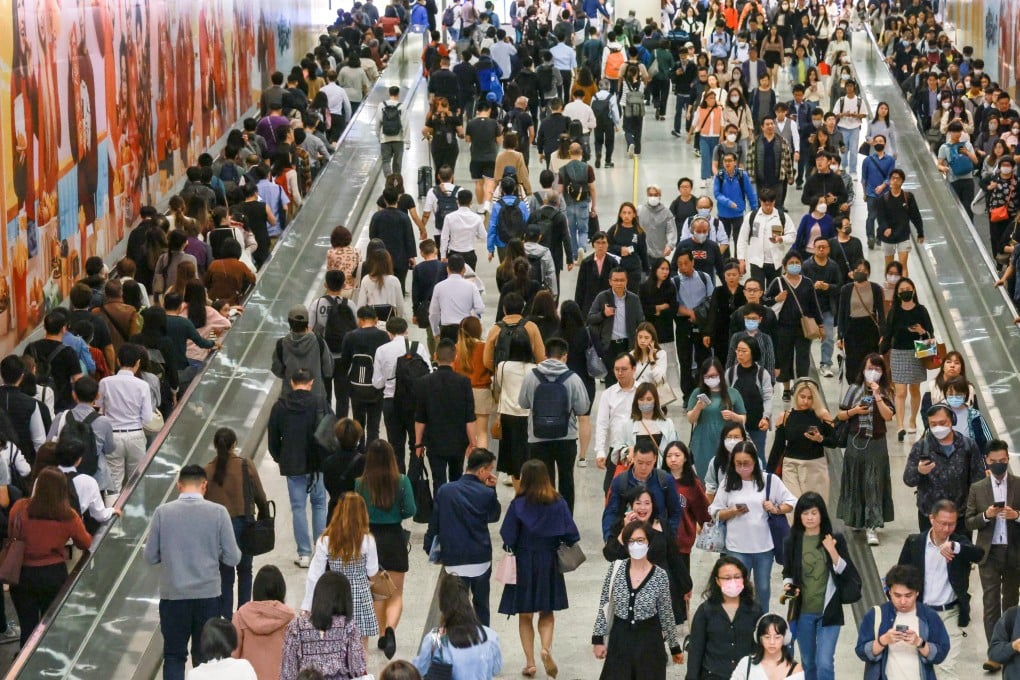Hong Kong companies should rethink forced retirement as population ages, survey says
- An open, transparent process to decide on retention can benefit both employees and employers, according to HKCGI report

Hong Kong companies that have a mandatory retirement age should rethink their policies and offer more flexibility for mutually agreed arrangements, according to a Hong Kong Chartered Governance Institute (HKCGI) survey.
Such flexibility can allow a company to manage the process to provide both productive employment and sustainability-related benefits to the organisation itself, according to the report released on Tuesday.
“Instead of an automatic retirement at a particular age, the process should be structured, open and transparent to evaluate an employee’s contributions and, where appropriate, post-retirement retention based on merits and mutual agreement,” David Simmonds, president of the HKCGI, said in the report.
The number of senior citizens in Hong Kong will almost double to 2.74 million in 2046, compared with 1.45 million in 2021, excluding foreign domestic helpers, according to projections from the Census and Statistics Department in August. Seniors will make up more than a third of Hong Kong’s population, with the proportion of elderly people predicted to increase to 36 per cent from 20.5 per cent during the same time frame.
“Senior staff retention will become more common in strategic business implementation as the world’s population ages,” said Simmonds, who is also the chief strategy, sustainability and governance officer at CLP Holdings.
Governments and organisations must increasingly consider leveraging the ageing population to boost productivity and narrow employment gaps as the population ages, according to the HKCGI.
